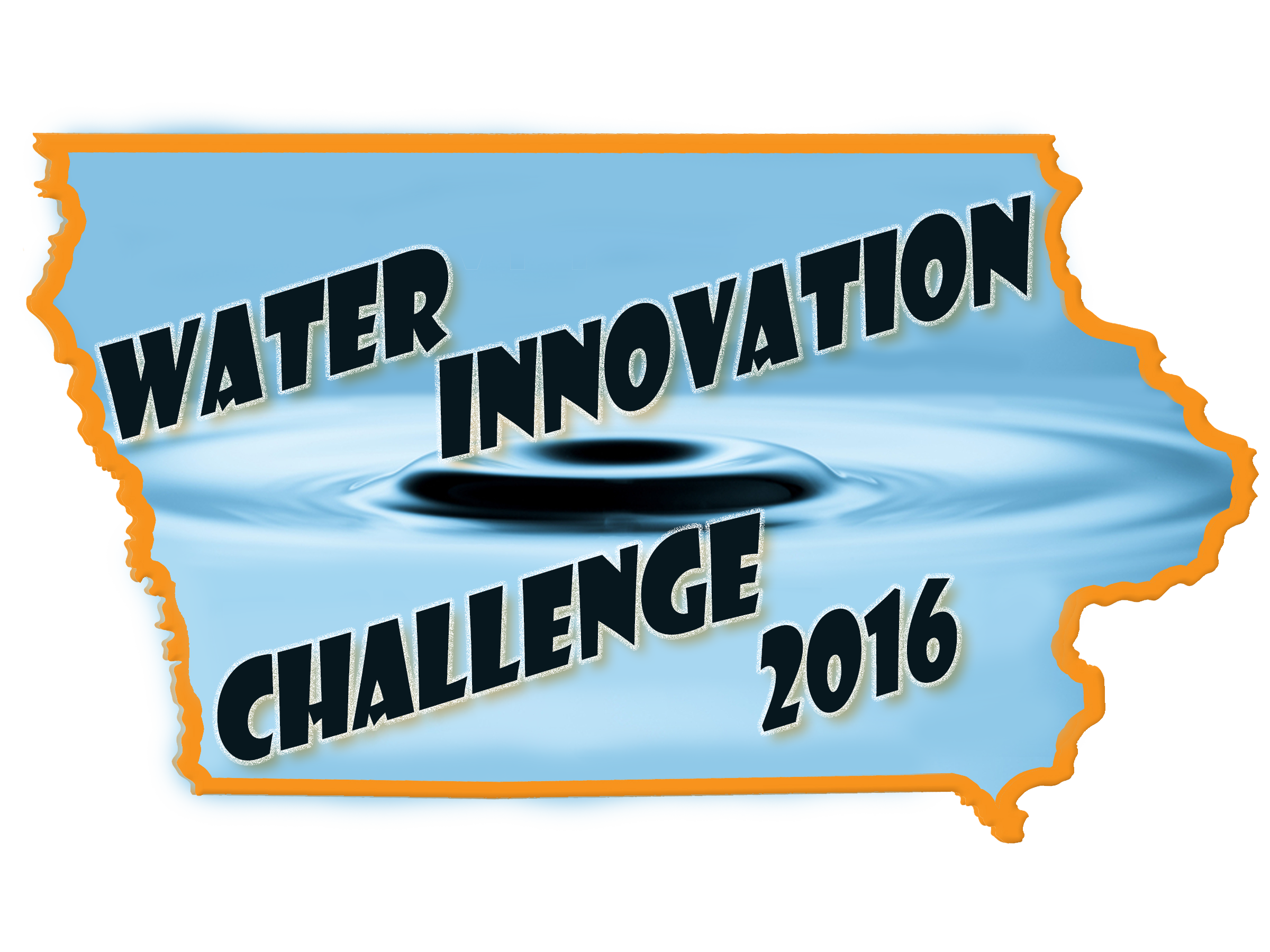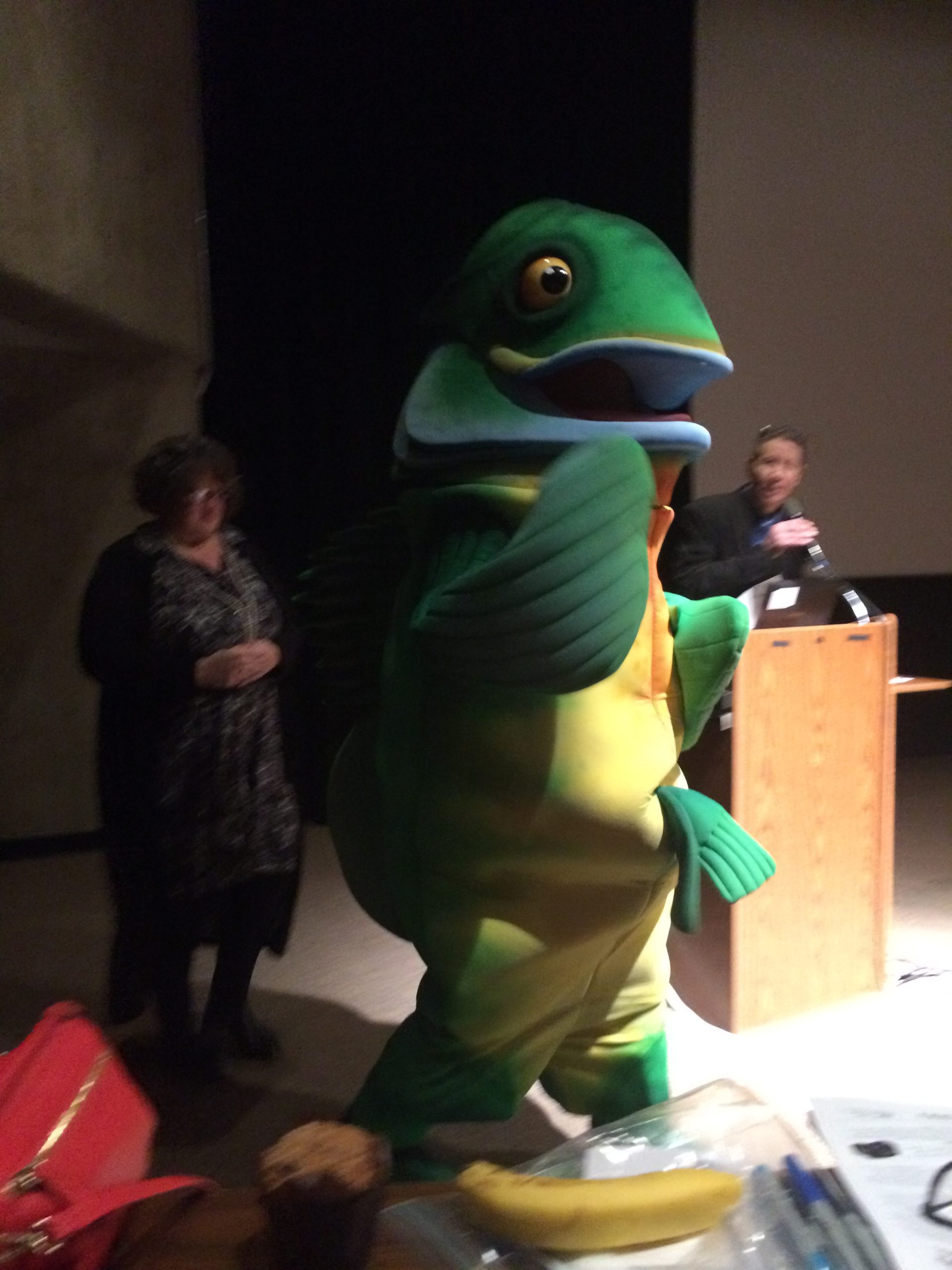Ames, Iowa – Research shows that to meet the goals of the Iowa Nutrient Reduction Strategy, Iowa farmers will need to increase use of a diverse array of appropriate nutrient management and other conservation practices. However, most soil and water conservation practice research focuses on single practices (e.g., cover crops). Research from Iowa State University published this week in the Journal of Extension examines factors that influence Iowa farmers’ simultaneous use of multiple practices. The primary finding was that farmers who are more engaged in agricultural social networks tend to adopt more diverse nutrient management practices.
Farmer Social Networks
The article, “Understanding Predictors of Nutrient Management Practice Diversity in Midwestern Agriculture,” co-authored by Hanna Bates, Program Assistant at the Iowa Water Center at Iowa State University and J. Arbuckle, Iowa State University Extension Sociologist, draws on data from the 2012 Iowa Farm and Rural Life Poll. The research examined relationships between information format preferences, information sources, farm organization involvement, and opinion leadership and farmers’ use of diverse nutrient management practices. The results showed that farmers who prefer to learn about nutrient management through in-person formats such as field days, farmers who are more involved in agriculture and natural resource conservation organizations, and those who consider themselves to be opinion leaders tend to employ a more diverse range of nutrient management practices.
“The finding that farmers who prefer face-to-face learning formats for nutrient management information tend to use more diverse practices is important,” said Bates. “Given the recent increase of online webinars, publications, and social media campaigns as means to reach farmers, this result suggests that in-person formats are still valuable.”
Results also highlight the important role that agriculture and natural resource organizations can play in encouraging nutrient management practice adoption. Numerous organizations have initiated or expanded conservation programs and research projects to help farmers reduce nutrient loss.
“Farmers who are more involved in these organizations used significantly more practices,” Bates said. “This result suggests that efforts to experiment and share information about practices such as cover crops and bioreactors are paying off.”
Another key finding in the study was a positive relationship between opinion leadership and use of diverse nutrient management practices. Opinion leaders are community members whose opinions and actions can influence others. The study asked farmers to rate the degree to which they take leadership roles, are role models to other farmers, or are a source of advice for others, such as extension staff and crop advisers. Farmers who viewed themselves as opinion leaders tended to use more nutrient management practices.
“Opinion leaders can be a critical component of outreach at the local level,” said Bates. “Public recognition programs, such as the Iowa Farm Environmental Leader Award, may provide insight into who are the key players who are influencing change in rural communities.”
Future Directions for Conservation Service Providers
The findings provide positive reinforcement for efforts to engage farmers in conservation networks. On the flip side, however, the authors of the study highlight that more needs to be done to reach out to farmers who are less connected within agricultural community social networks.
“Farmers who are less involved in agricultural and conservation organizations and see themselves as less central in the ag community reported fewer nutrient management practices,” noted co-author Arbuckle. “These results point to challenges for conservation service providers because farmers who are likely in need of conservation assistance appear to be the hardest to reach. The conservation community needs to develop different strategies to engage such farmers.”
“Understanding Predictors of Nutrient Management Practice Diversity in Midwestern Agriculture” and “Iowa Farmers’ Nitrogen Management Practices and Perspectives” are available at the provided hyperlinks. More information about Sociology Extension and the Iowa Water Center can be found online.



